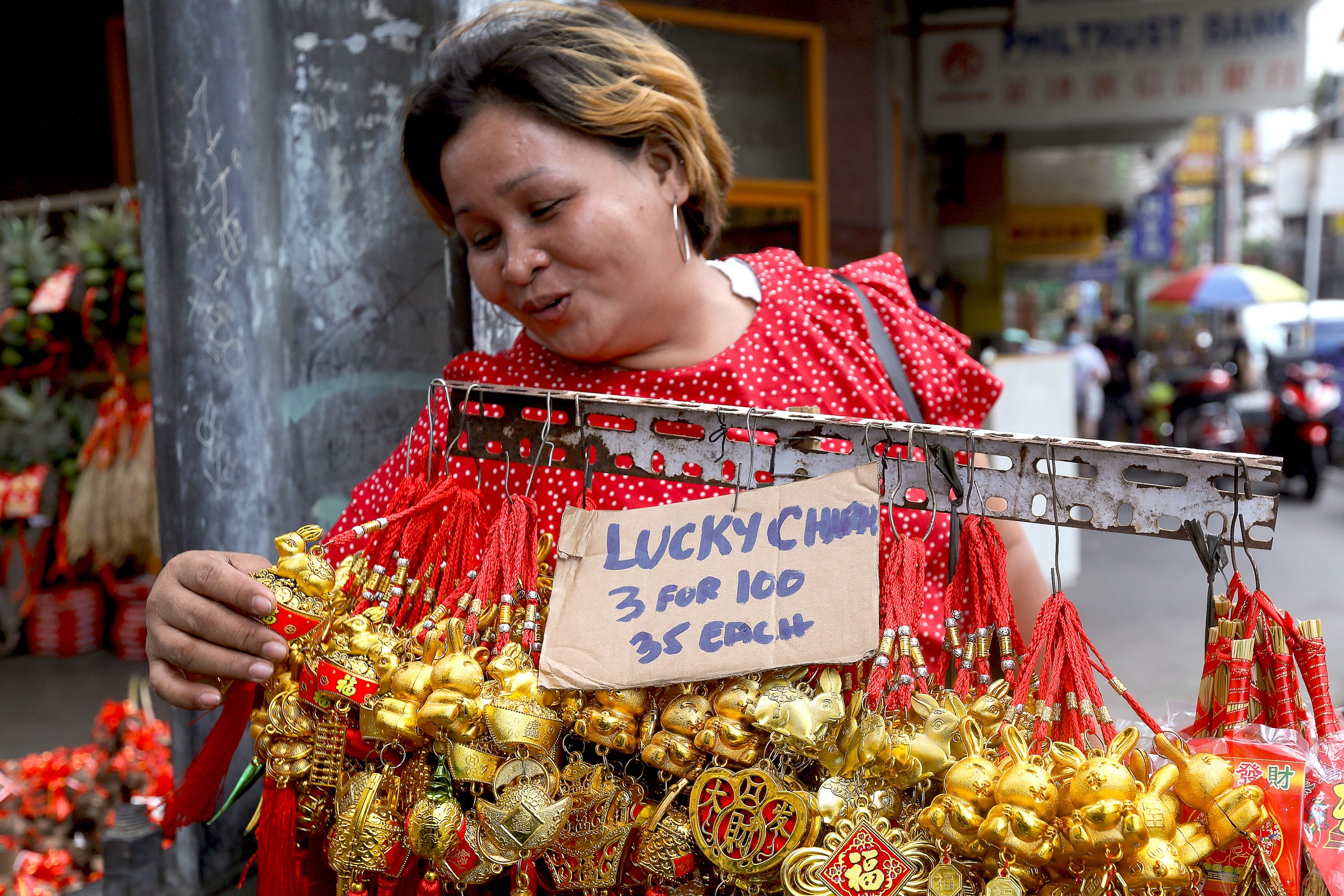
By Brian Jules Campued
High levels of cancer-causing chemical cadmium was detected in some red string and beaded bracelets sold in Manila, environmental watchdog group EcoWaste Coalition said on New Year’s day.
In a release, the group said the toxic chemical was found after screening five “lucky charm” bracelets—mostly unlabeled and adorned with metallic dragon charms—bought from lucky charm stores in Quiapo.
Using a handheld X-ray fluorescence analyzer, it discovered the amount of cadmium in above 100,000 parts per million among the trinkets which cost P50 to P100.
“None of the analyzed bracelets provided a cadmium content warning to let consumers know that the product they are buying contains cadmium and may pose risk of hazardous chemical exposure,” the Ecowaste Coalition said.
The World Health Organization (WHO) has identified cadmium, a heavy metal with the symbol Cd and atomic number of 48, as one of the 10 chemicals of public health concern, and is also classified as a human carcinogen.
Additionally, the Department of Environment and Natural Resources-Environment Management Bureau (DENR-EMB) had determined cadmium compounds among the Priority Chemicals List in the country, noting that it can “potentially pose unreasonable risk to public health, workplace, and the environment”.
Meanwhile, cadmium in products like jewelry is not covered by the Chemical Control Order (CCO) issued by DENR-EMB in 2021 for chemical and its compounds.
According to DENR Administrative Order No. 2021-08, any cadmium in products and materials not considered as chemical substance or mixture, such as, but not limited to batteries, toys, electronic equipment, jewelries, ceramics are not covered by the scope of the Toxic Substances and Hazardous and Nuclear Wastes Control Act of 1990.
“Cadmium and other hazardous chemicals should not be present in products that are offered for sale in the marketplace, including products that are marketed to enhance luck, health and prosperity,” the watchdog group said.
The EcoWaste Coalition also called for the manufacturers, importers, distributors, and retailers to be transparent regarding product information and likewise advised the public to “insist on their right to chemicals” in such items.
“Transparency in the chemicals that make up a product, as well as the hazards they pose to health and the environment, should be made mandatory in line with the consumers’ right to know,” it added. –cf
